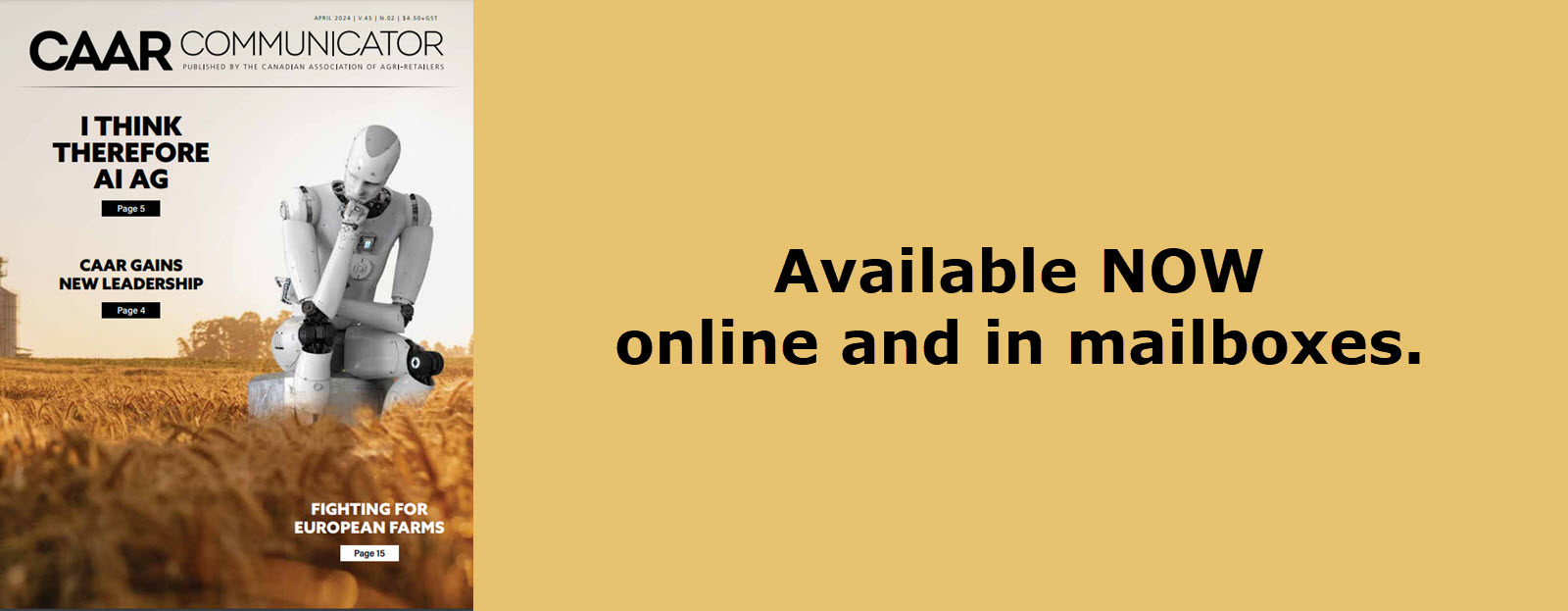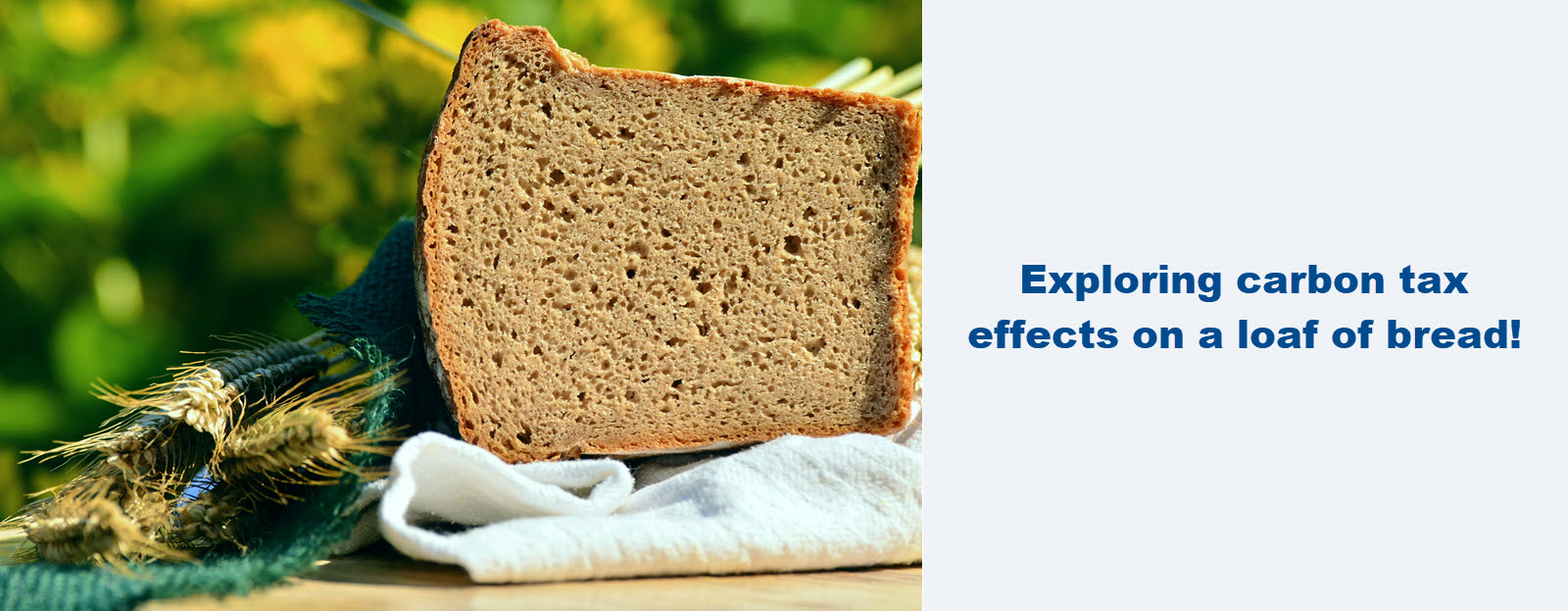Editor’s note: For the most up to date information on CAAR’s Equivalency and Temporary Certificates regarding the B620/622 changes please refer to Member Alert: Update on CAAR’s Equivalency Certificate and Temporary Certificate
This is a reminder that as of Jan. 12, 2018, all ammonia nurse and applicator tanks and transport delivery units (TDU) must be in compliance with new Transport Canada regulations implementing CSA B620/622-14 Standards1.
Canadian Association of Agri-Retailers (CAAR) members have been informed via memo that the regulations are now in effect. The purpose of this memo is provide an update to all Anhydrous Ammonia Code of Practice (Code) compliant sites on the regulatory changes, as well as provide an overview of the regulatory relief that has been issued by Transport Canada to members of CAAR and Fertilizer Canada.
The new standards increase the frequency for hydro-static pressure testing and visual inspections. The standards also set new requirements for the construction of new nurse tanks.
On July 12, 2017, the 2014 versions of the CSA B620 and B622 Standards (CSA B620/B622-14) were published in Canada Gazette Part II, bringing them into regulation as part of Transport Canada’s International Harmonization Update, 2016 which aimed to align their regulations more closely with those in the United States and the United Nations Standards. The full regulatory update can be found at the link below:
http://www.gazette.gc.ca/rp-pr/p2/2017/2017-07-12/html/sor-dors137-eng.php
A six month transition period starting from the date of publication (July 12, 2017) was in effect until January 12, 2018 to allow for the movement from the previous requirements under the CSA B620/B622-09 to the new requirements under the CSA B620/B622-14. Nurse and applicator tanks and TDUs that do not meet the TC51/TC331 specifications under the CSA B620/622 Standard are required to change their testing frequencies to the following intervals:
| New B620/B622-14 Requirements | Old B620/B622-09 Requirements | |
|---|---|---|
| Visual Inspections for nurse tanks | Annually | Every 2 to 3 years |
| Visual Inspections for TDUs | No change | Annually |
| Pressure Tests for both nurse tanks and TDUs | Every 3 years |
Every 5 years |
[1] The CSA B620/B622 Standards set out criteria for the design and maintenance of Transport Canada-approved portable pressure tanks, including TDUs and nurse tanks used in the application of anhydrous ammonia fertilizer on farm fields. Due to the nature of the business, the operation of these tanks (loading/unloading, towing on public roads, etc.) is covered under the Transportation of Dangerous Goods Regulations (TDGR).
CAAR and Fertilizer Canada recognized that these new testing frequencies would be problematic to the retail industry. As such, CAAR and Fertilizer Canada have made great efforts to have this requirement amended in the next revision of the CSA B620/622 Standard. CAAR is represented on the CSA B620/622 Standards’ Technical Committee that discusses and revises the standards on a periodic basis.
The CSA B620/B622 Standards’ Technical Committee agreed to adjust the pressure testing frequency back to five years for nurse tanks and TDUs that meet the following criteria:
- Are post-weld heat treated; and
- Have a Maximum Allowable Working Pressure (MAWP) of 265 psi or a MAWP of 250 psi if it can be demonstrated that the tank was purposefully built for ammonia use.
This decision will be reflected in the next version of the CSA B620/B622 Standards. To address the time frame between January 12, 2018 and the next version of CSA B620/622 Standards coming into effect, CAAR has been issued an Equivalency Certificate through Transport Canada to implement this amended requirement, which reverts the pressure testing frequency back to five years for nurse tanks and TDUs that meet the criteria above. CAAR’s Equivalency Certificate (SH 11960) can be found here. Fertilizer Canada has also obtained an Equivalency Certificate (SH 12501.1) which is available to members through Fertilizer Canada’s website.
CAAR and Fertilizer Canada and CAAR each received a Temporary Certificate (TH 0653 and TH 0651, respectively) to provide compliance relief on the hydro testing requirements on tanks not captured under the EqC during the spring seeding season. Annual visual inspections will need to be up to date on all tanks planned for service this spring. A copy CAAR’s temporary certificate is available here.
CAAR’s EqC and Temporary Certificate each captures the following users:
- The members of CAAR,
- Any person using a CAAR member-owned tank or a CAAR member-leased tank, or
- Any person on behalf of the members of CAAR
Please note that only the tanks that are owned by the CAAR members, in which the responsibility of ensuring the requirements of the Temporary Certificate are met, are covered by the Temporary Certificate. This also includes tanks leased by members which could capture farmer-owned nurse tanks. For a clear interpretation of the applicability of the EqC and/or Temporary Certificate, please click here.
Fertilizer Canada’s Temporary Certificate can be found on their website.
Fertilizer Canada and CAAR are working with farm groups to ensure that all nurse tanks are accessible during this upcoming spring season.
Nurse tanks built after January 12, 2018 must meet the TC51 specification referenced in CSA B620/622-14. Ongoing work through the B620/622 Committee aims to ensure alignment with the unique needs ammonia application in our industry.
CAAR will continue to communicate on this important issue to ensure all members have the proper information to stay in compliance. Members are encouraged to carefully review the CSA B620/622-14 Standards, as well as the Equivalency Certificate and the new Temporary Certificate to ensure compliance of your operation.
Should you have any questions, please do not hesitate to reach out to the coordinates below.
Mitch Rezansoff
Executive Director
E: This email address is being protected from spambots. You need JavaScript enabled to view it. | P: 204-989-9303
 How to resolve AdBlock issue?
How to resolve AdBlock issue? 




Join the discussion...
You must be logged in as a CAAR member to comment.
Report
My comments